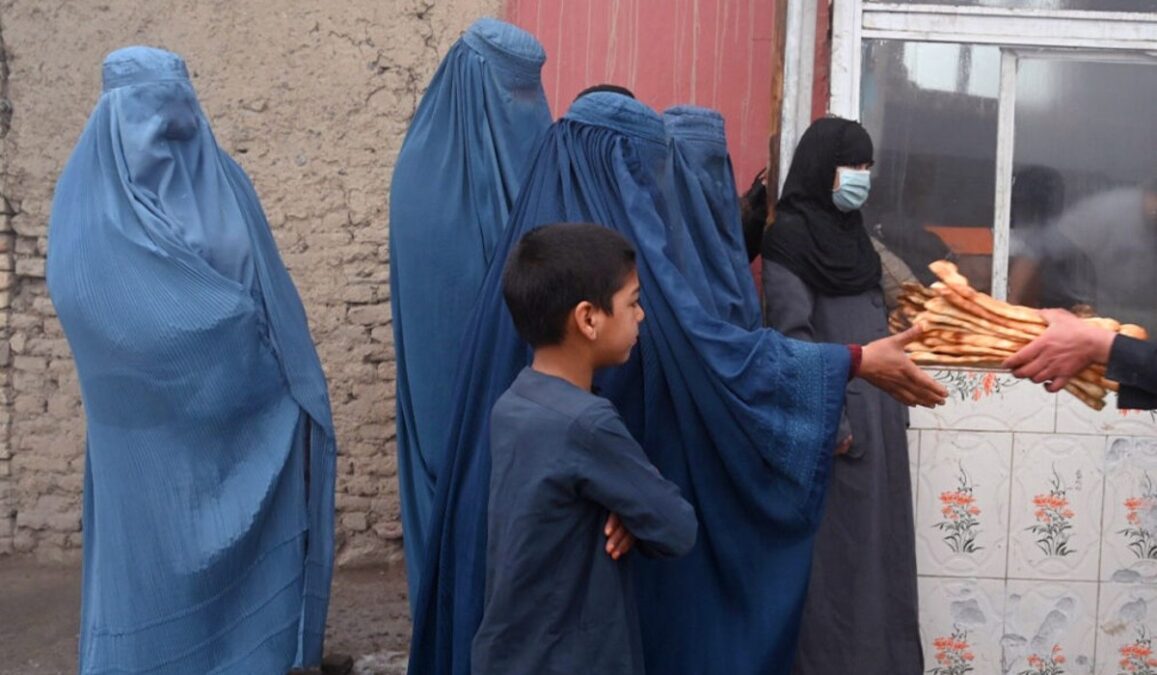UN office in Afghanistan has said that over $1 billion has been brought in to Afghanistan over the past year for humanitarian assistance to Afghans in need and it has been put in a commercial bank while no access has been provided to the Taliban or the central bank.
But a former government minister and an analyst said the Taliban has had indirect access to the money, using it for its military and intelligence activities.
On Oct. 3, the UN office in Kabul, UNAMA, said that Afghanistan received $40 million in cash deposited to a commercial bank as part of the international community’s aid to the country.
Massoud Andarabi, former interior minister based in the US, told Amu on Wednesday, Oct. 5, that the Taliban’s access happens through their impositions on implementing organizations of the projects funded by the money UN brings in to Afghanistan.
“Over the past year, the Taliban has had under control any organization or entity that has had activity in Afghanistan and these organizations even have provided the ground for corruption for the Taliban,” Andarabi said.
“The Taliban either partners with these organizations or puts a toll on them. In this case, the Taliban uses this illegal money in strengthening its military and intelligence basis,” he added.
An analyst echoed a similar idea and said that the Taliban get indirect access to the aid channeled to Afghanistan through the UN because they are spent on projects implemented by national institutions.
“There is a lack of a proper monitoring mechanism; therefore, there is a high possibility that the Taliban might use this money in strengthening the structures of military and intelligence,” said Tariq Basir, an analyst in political affairs based in the US.
Taliban spokesmen Zabihullah Mujahid and Inamullah Smangani did not comment on the matter despite repeated calls by Amu reporter.
This comes as the UN deputy representative for Afghanistan, Markus Potzel, said at the Security Council last month that as per capita income has collapsed to 2007 levels – erasing 15 years of economic growth – the country’s economic situation “remains tenuous” due in part to Afghanistan’s isolation from the international banking system.
He warned that humanitarian and economic measures will not meet the Afghan people’s longer-term needs, and the emergency aid cannot replace essential service delivery systems, such as health and water, or hold off an economic collapse.
Afghanistan is faced with increasing poverty and unprecedented levels of unemployment over the past year after the fall of the previous government in August 2021.





